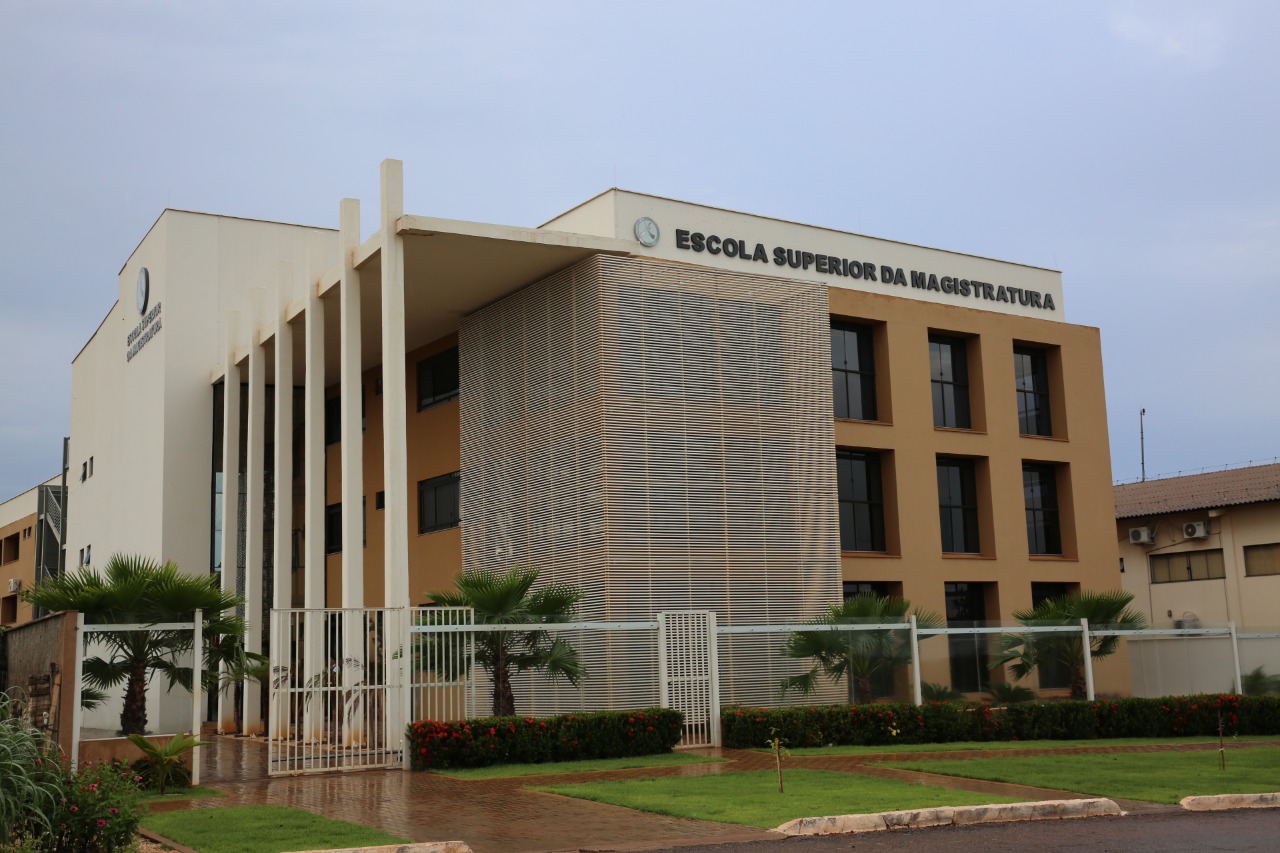Presentation
The study of human security should be a national or international policy, once there is no individual human security if the State does not have the political and administrative structures capable of ensuring it. The Human Security concept is based on the 7 pillars of Human Security (Economic, Food, Health, Environmental, Citizen, Community and Political) embodying the 17 Sustainable Development Goals – SDGs of the UN Agenda 2030.
They are components of Human Security:
- Economic Security, with opportunities for goods and services for work, employment and income.
- Food Security, with poverty relief, given the lack of hygiene, housing and education, in poor regions.
- Health Security, with health assistance, well-being and life preservation plans.
- Environmental Security, with practices for protecting the ecosystem and conserving biodiversity in a healthy environment.
- Citizen Security, observing the Law, ethics and good practices in the flow of reliability in the Police structure and in guaranteeing Justice, so that they serve as paradigms to the values played by the State in preventing crime, controlling violence and punishing resocializing criminal Law.
- Community Security, with the success of stability in overcoming prejudice, intolerance, inequality, discrimination, exclusion, manipulation and vulnerability.
- Political and Legal Security, with democratic governance and public policies focused on the common good, in the flow of human rights and humanitarian Law norms, which motivate the values of harmonious relations in society between the state and the citizens, even if a crisis, conflict or post conflict situation arises.
In 2015, the UN implemented seventeen sustainable development objectives – 17 Objectives to Transform Our World – all of which are important, but the number 16 has been highlighted by the Judiciary of Tocantins, namely: PEACE, JUSTICE AND EFFECTIVE INSTITUTIONS. The central issue of this objective is to promote peaceful and inclusive societies for sustainable development, to provide access to justice for all and to build effective, accountable and inclusive institutions at all levels.
2030 Agenda for Sustainable Development. According to discussions among UN member countries, the interconnected nature of the world causes current crises and catastrophes to cross borders and threaten the lives of millions of people like never before, like the one experienced by Covid 19, in which none country was immune. According to the UN General Secretary, Ban Ki-moon, (2007 to 2017), it is necessary to have preventive strategies at all levels to face current and imminent threats. According to him, human security is an essential tool for increasing the cohesion of global and institutional efforts and a mechanism for strenghtening political, economic, environmental, cultural and social systems, which bring stability, security and dignity to men.
The First Latin American Virtual Forum on Human Security for Human Righst and the Twelfth International Virtual Congress on Human Rights about Human Promotion and Sustainability factors aim to provide civil servers and magistrates of the Judiciary of Tocantins, students, professors, professionals and members of the Brazilian and foreign justice systems and members of the community in general, understanding of reflections and studies on global and current human rights issues – Human Security for Human Rights and Human Promotion and Sustainability Factors.




